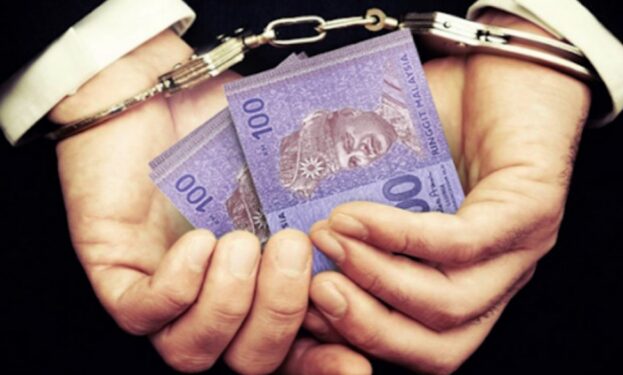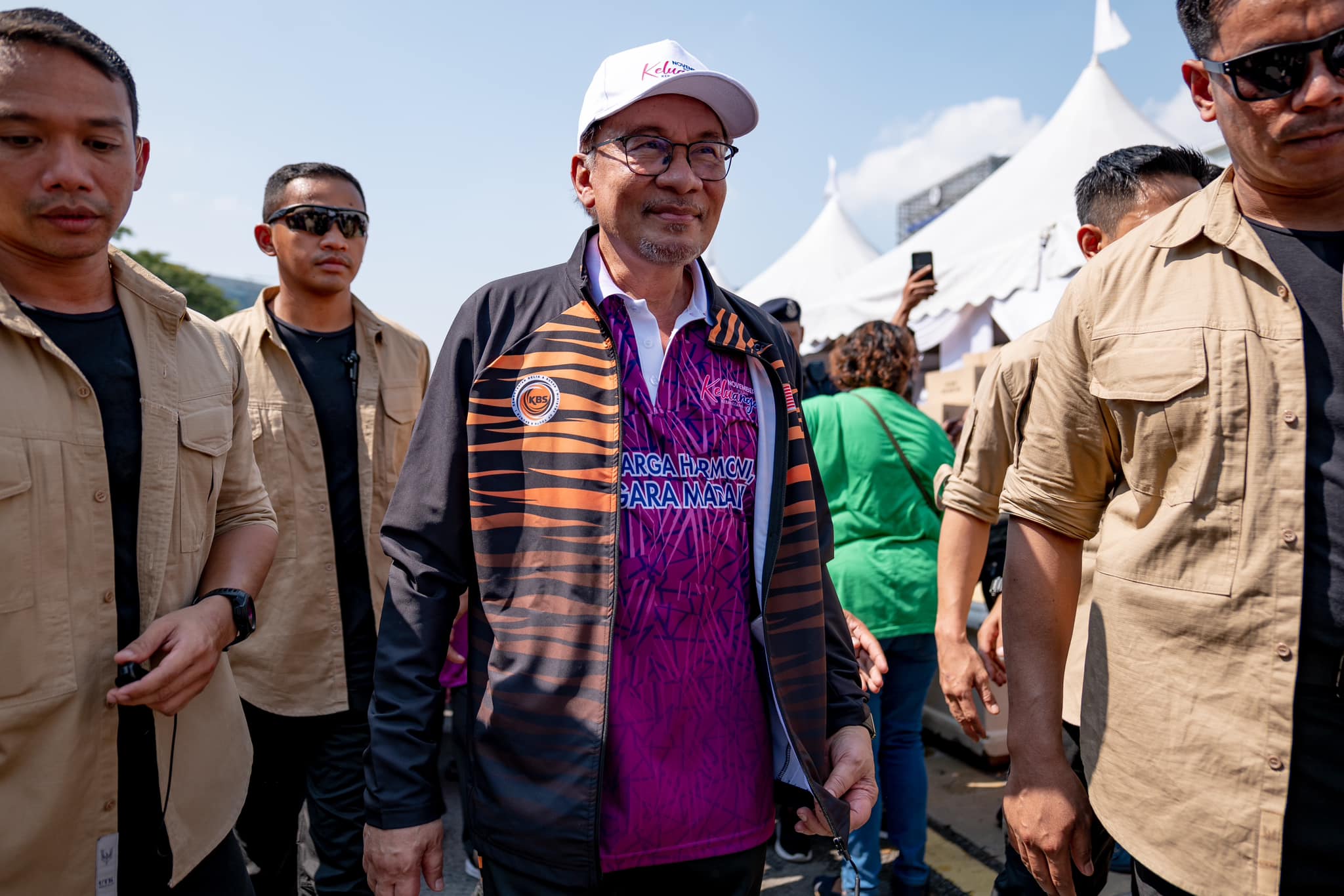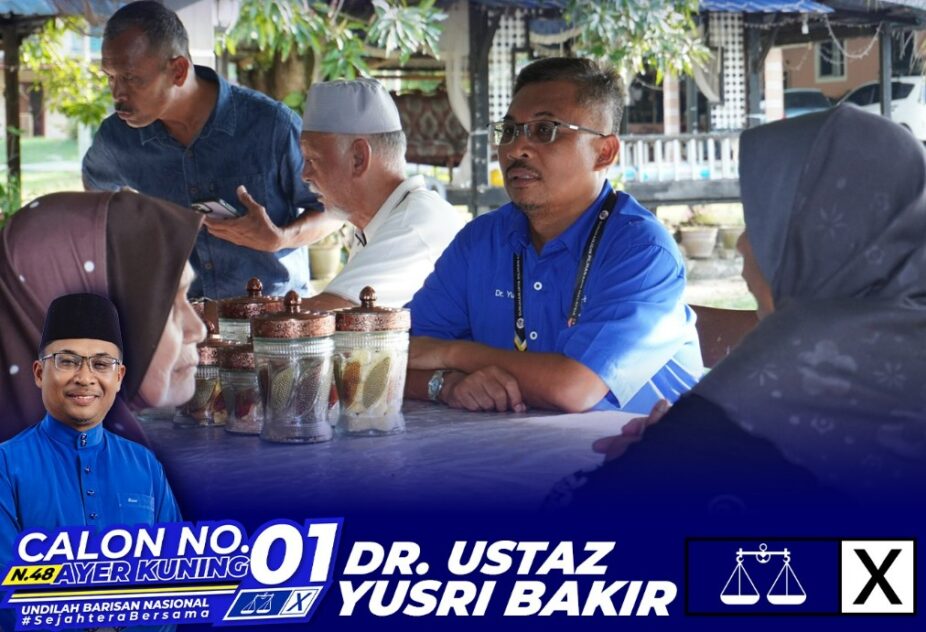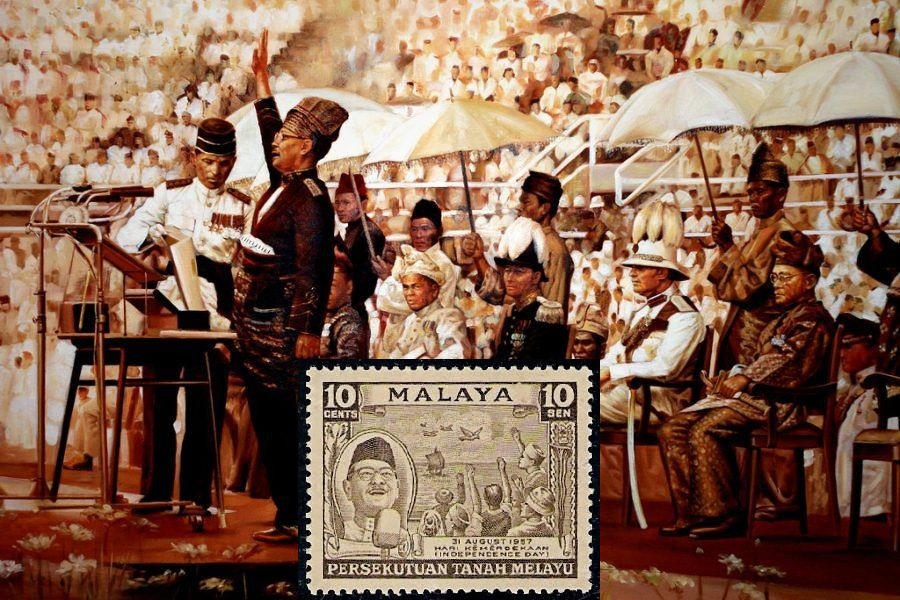THIRTY-THREE years after the passing of Malaysia’s two great prime ministers (PM) Tunku Abdul Rahman (1957-1970) and Tun Hussein Onn (1976-1981), we seem to have entered a conversation and contestation about who could be regarded as the country’s worst PM.
It can’t be the man who is justly incarcerated as a dazed 12-year ‘guest’ of the government in Kajang. Datuk Seri Najib Razak had many excellent attributes but he faltered, fouled up and failed to defend himself convincingly from serious corruption charges after his party UMNO lost the 2018 general election.
Today, we have a Prime Minister in Datuk Seri Anwar Ibrahim who has been imprisoned twice for allegedly committing certain offences. He could – if he does not measure up – become an important candidate for this new contestation for the country’s worst PM.
Pointers for Anwar
For this reason, we have to prime Anwar for his first anniversary as PM and assist him where we can to make a success of the daunting challenges he faces during his remaining tenure.
He has to galvanise the vast majority of the people to come together, unite and understand the challenges before them. He needs to persuade them to make some sacrifices to take the country out of the untenable situation it is in.
Anwar’s unity government cannot embark on this humongous project without the people’s explicit backing. He needs to communicate with the people, listen to them and interact with different segments of society and then make some tough decisions.
Corruption, confusion and complexes
The fundamental problem today, as it has been for decades, is pervasive individual and institutional corruption in the public and private sectors.
The PM is well placed to tackle corruption within the public sector, whether it involves political leaders or the bureaucracy.
Political operatives involved in corruption must be identified, investigated, charged, tried, shamed and sometimes put in the slammer. Jailing them and confiscating their assets is the most effective weapon in this fight against corruption.

Corruption as an individual or group phenomenon comes from a complete disregard of the wider interests of society and a lack of loyalty to the country.
It can be attributed – in a crass and crude form – to the following:
- Tribalism: The sense of belonging to a powerful tribe where corruption is acceptable, tolerated, forgiven and not fussed over. This is based on the undying belief that the state or its governance system can cope with, absorb or withstand it.
Given these considerations, individuals, associates, business vendors, entrepreneurs and bankers aligned to the ruling government delude themselves that they are exempted – in a strange sort of way – from the provisions of the law.
- Turpitude: A weakness for bribes, blandishments, lust and greed. Public servants with a weakness for high living, escapades involving sleaze and sex, gambling and games with betting involved would become particularly vulnerable.
- Treason: Divided loyalty to the country. This takes the form of attempting to serve another external power, movement or a multinational company while occupying a high position of authority in the public service. A conflicted person in this situation could sell out the nation consciously or unconsciously.
Anwar needs to take firm and decisive action against corruption. – Nov 6, 2023
M. Santhananaban is a retired ambassador with 45 years of public sector experience. He has no political affiliations. His view first appeared in the ALIRAN portal under the heading “Priming the PM for his second year after his frankly flattish first – Part 1: Tackle corruption”.
The views expressed are solely of the author and do not necessarily reflect those of Focus Malaysia.
Main pic credit: Datuk Seri Anwar Ibrahim’s Facebook










